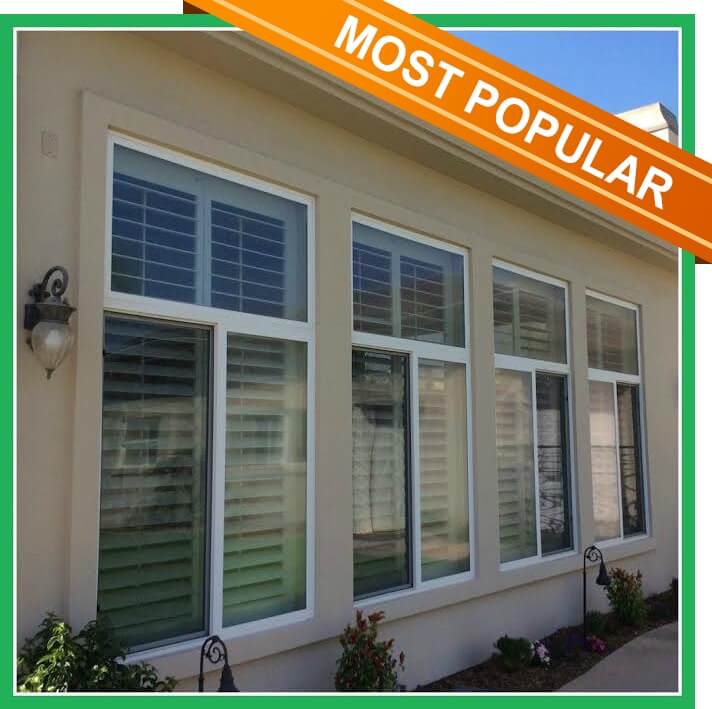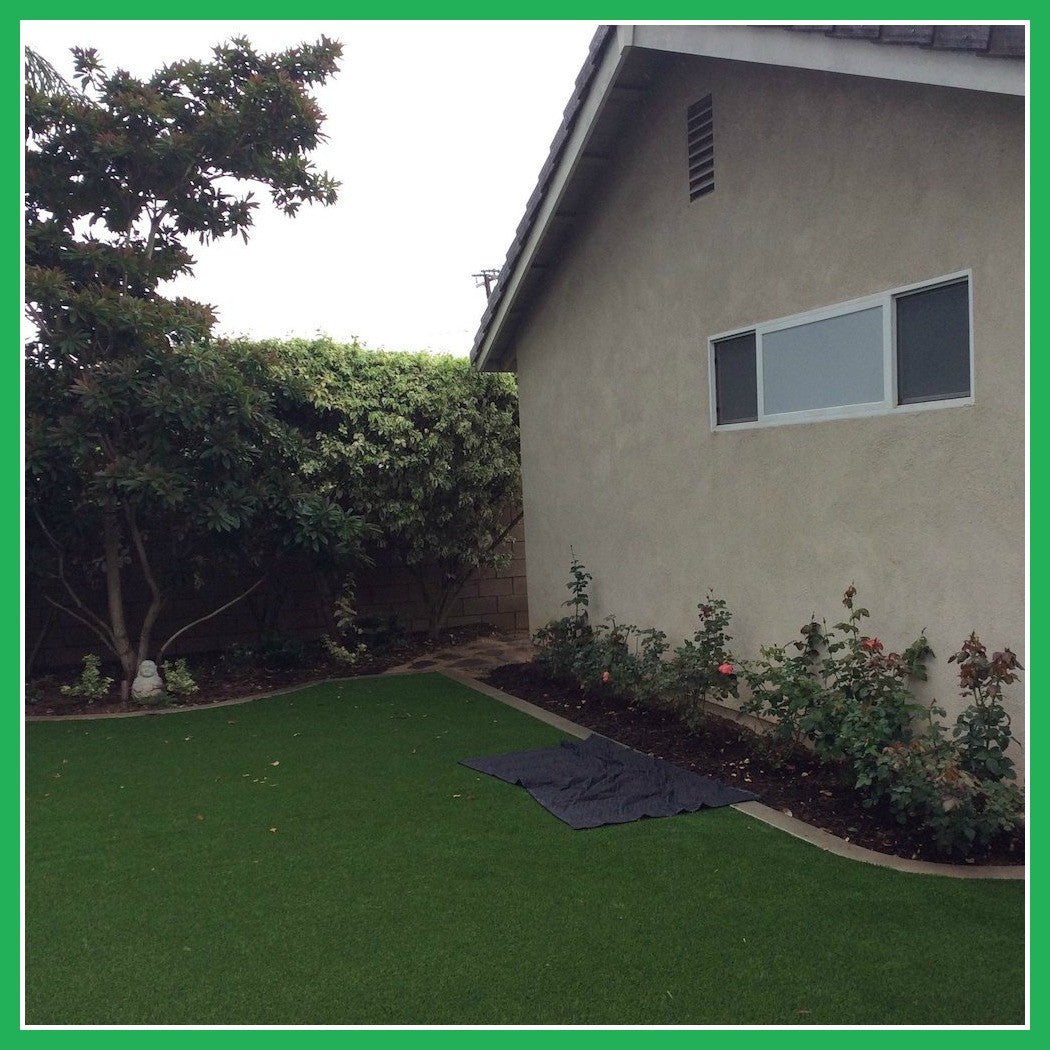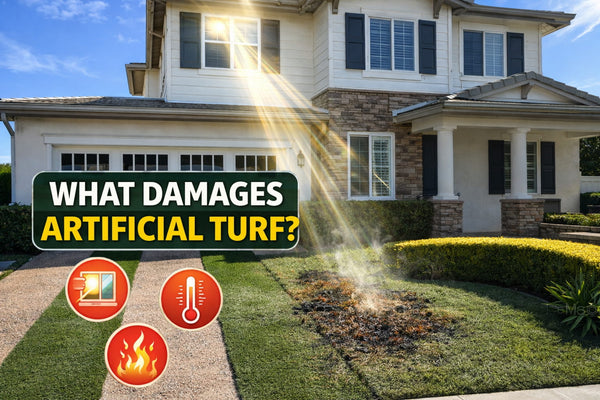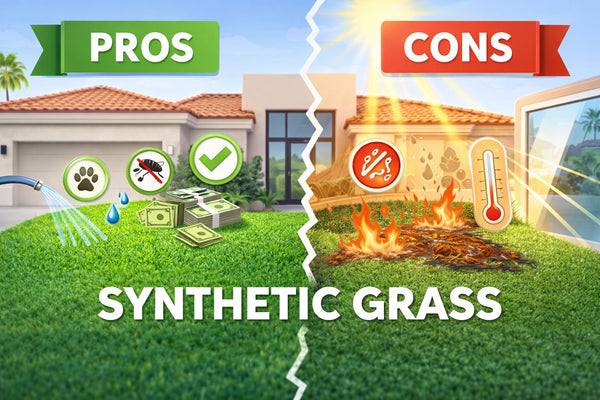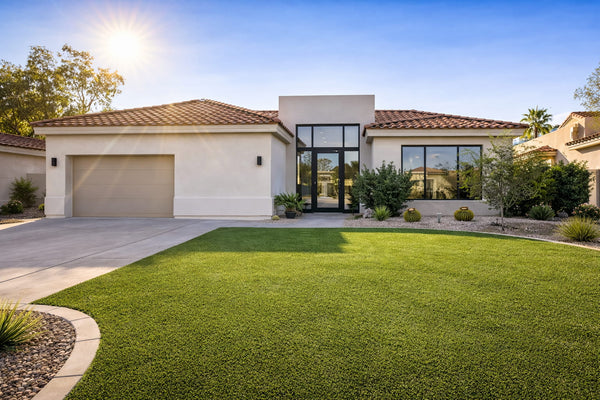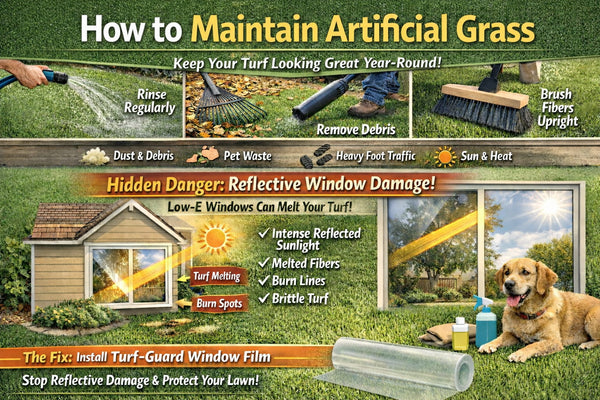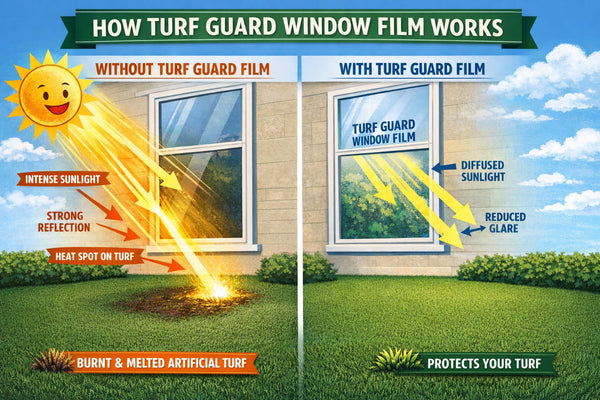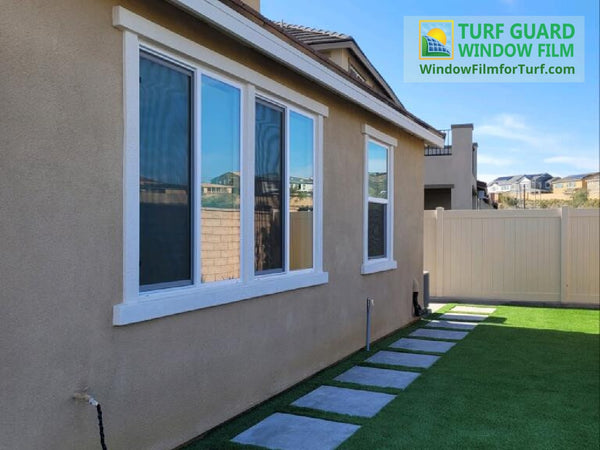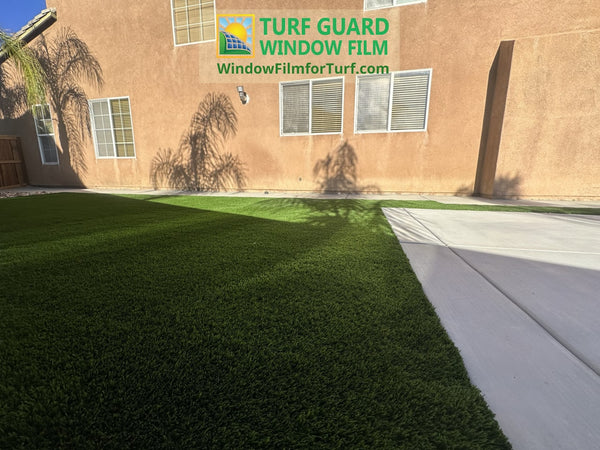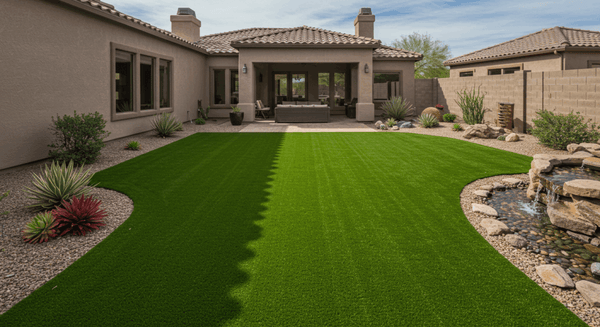We all know that energy-efficient windows can melt artificial grass. But do they also melt your house siding? Many articles and news said so. If you read those write-ups, homeowners were complaining about how their neighbor's Low-E windows distort their sidings. However, these articles didn’t want to discourage everyone from using such windows because there are houses that need them.
In this post, we will discuss on how low-emissive windows melt your vinyl siding. We will also give you tips on how to prevent your siding from melting.
Why Is My Siding Melting?
According to the National Association of Home Builders (NAHB), fluctuations in barometric pressure can cause energy-efficient windows to intensify reflected light. The light beam can burn anything on its track up to 200oF. House siding starts to melt at 165oF.
However, the Lawrence Berkeley National Laboratory says there’s no proof that Low-E windows are responsible for melting the house siding. Therefore, whatever is causing it to warp is still unidentified. But here is what we know about:
- South-facing windows seem to be responsible for several melted home siding
- Melting can happen anytime.
- Damage occurs if houses are less than 20 feet away from each other, says the International Association of Certified Home Inspectors.
What Are Producers Saying About This Problem?
Vinyl siding manufacturers are aware of this issue; however, they claim that this is only a rare case. But according to the NAHB, as energy-efficient windows are becoming popular, so does this problem. Therefore, companies have updated their policies and exclude siding damage caused by Low-E windows.
How to Prevent Your Low-E Windows From Melting Your Siding?
To keep the window reflection from heating up your house siding, you need to do the following tips:
-
Install Awnings
Awnings serve as an added roof or a window. They block the sun’s rays from hitting your energy-efficient windows. However, it makes the house darker as it obstructs the light. Thus, if you want to save energy, this may not be the best option.
-
Use Turf Guard Window Films
These window films have anti-glare properties, which deflect off the light. This feature will not only protect your turf but your insulated vinyl siding as well. Furthermore, it will keep you from doing vinyl siding repair, which is costly and time-consuming.
Do you want to keep your house siding in good condition all year? Visit our website and try our Vinyl Siding Melting Solutions.

